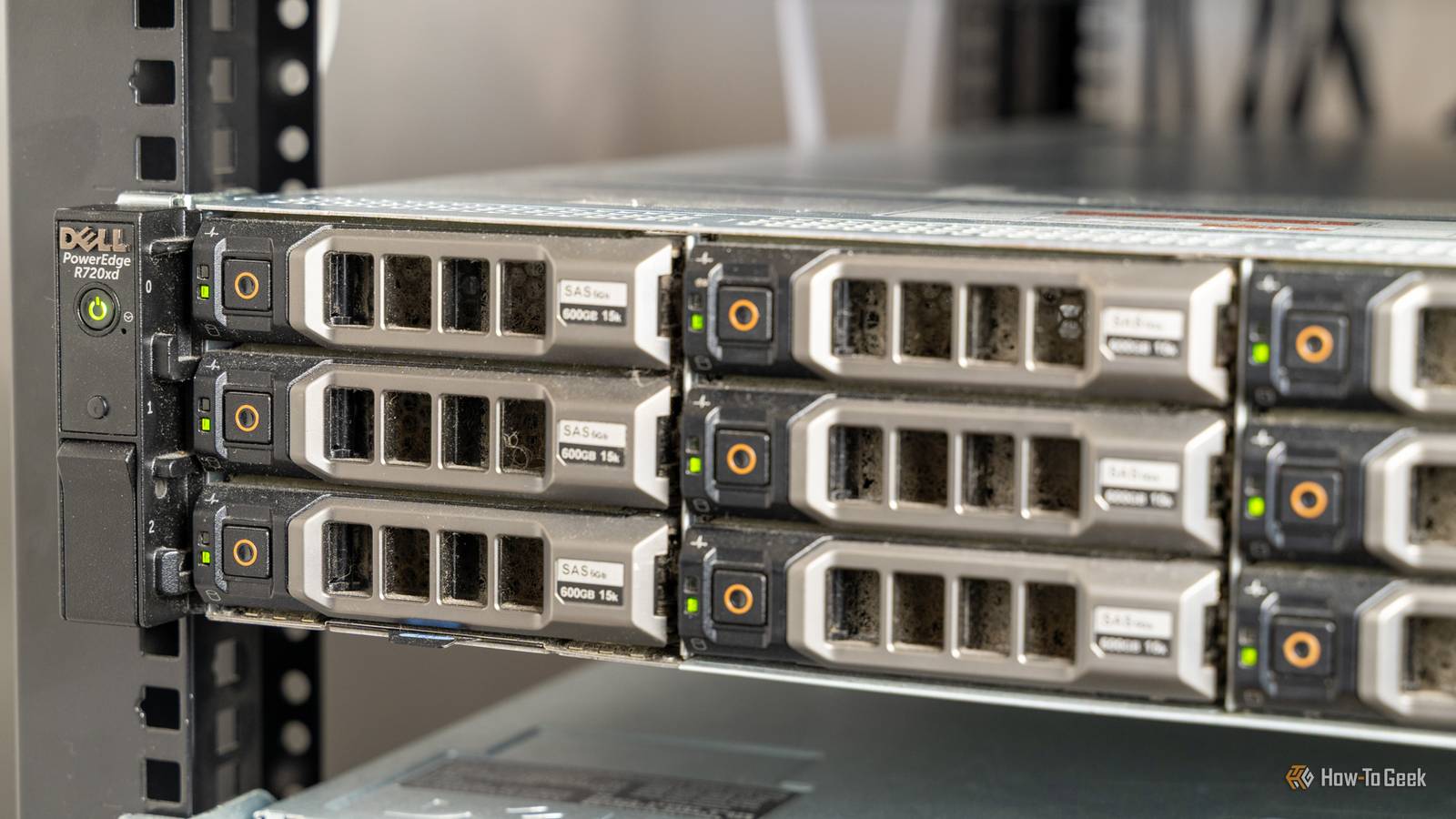The Senate is expected to ramp up efforts this fall to pass a bill delineating oversight of the crypto market — the crown jewel of digital asset legislation.
The path forward is unlikely to be smooth sailing, as key policy questions remain in the face of persistent concerns about President Trump’s crypto dealings.
Here are five key issues to watch.
What will Senate Agriculture do?
Shortly after the House passed its version of the market structure bill in July, Republicans on the Senate Banking Committee unveiled a discussion draft laying out their own take on the legislation.
They released a revised draft last week, adding in new provisions on securities tokenization and developer protections.
But because market structure is a joint effort between the Senate Banking and Agriculture committees, Agriculture will have a say. The bill seeks to split crypto regulation between the Securities and Exchange Commission (SEC) overseen by Banking, and the Commodity Futures Trading Commission (CFTC) overseen by Agriculture.
The CFTC is widely expected to take up new responsibilities in the digital asset space. The House version, known as the Digital Asset Market Clarity Act, shifts a significant share of these duties to the relatively low-profile agency.
House, Senate differences could draw out process
Even once both portions of the Senate bill are in hand, it’s unclear how much the final version will differ from the legislation that cleared the House last month.
“They’ve taken different approaches to defining and regulating different types of crypto investment contracts,” noted Jennifer Schulp, director of financial regulation studies at the Cato Institute’s Center for Monetary and Financial Alternatives.
One key difference between the two bills so far is the upper chamber’s use of the concept known as ancillary assets, which excludes some digital asset transactions from securities regulation.
This proposal has faced pushback from an odd combination of stakeholders.
Democratic staff on the Senate Banking Committee warned in a two-pager in August that this approach would “provide a superhighway for traditional securities to escape the SEC’s authority,” underscoring that the bill’s ancillary asset definition is not limited to crypto.
Andreessen Horowitz, a venture capital firm that has been keen to invest in the industry, voiced similar concerns, calling on Senate Banking Republicans to modify the definition.
It suggested the current version would “either enable issuers of traditional securities to circumvent investor protections or would introduce new ambiguities.”
The ancillary asset provision and other discrepancies between the two versions could slow down efforts to get the legislation through both chambers efficiently.
“Now, the Senate can go forward with its own version,” Schulp said. “But then it will have to go back to the House, which will just, I say, add more time on something that they have continued to say is going to be a short timeline.”
Timeline shifted to November, December
The Trump administration originally pushed to get both the market structure bill and a stablecoin bill across the finish line before Congress left town for its August recess.
However, only the stablecoin bill, known as the GENIUS Act, reached the president’s desk on the original timeline.
White House officials and key Republican senators later shifted their sights to the end of September. But this appeared to be a difficult task given the Senate’s busy September schedule. They now appear to be aiming for November or December passage.
Sen. Cynthia Lummis (R-Wyo.), who serves as chair of the Senate Banking subcommittee that oversees digital assets, told CNBC last month the full committee will mark up its portion of the bill in September, while the Senate Agriculture Committee is aiming for October.
“We’ll fold them together with [the Digital Asset Market Clarity Act] and hopefully get this across the finish line by Thanksgiving or, at the latest, Christmas,” Lummis said.
Banking, crypto face off on GENIUS revisions
Even as the Senate turns its attention to the market structure bill, some disputes have lingered over the GENIUS Act, leading to a push by the banking industry to tweak the stablecoin bill within the new legislation.
“You have a lot of people in the banking industry who are still upset about losing some of the fights that played out in Congress over the GENIUS Act,” said Christopher Niebuhr, a senior research analyst at Beacon Policy Advisors.
The American Bankers Association (ABA) and Bank Policy Institute both called on lawmakers in August to extend a provision barring stablecoin interest payments to cover other actors in the digital asset space, closing what they argue is a “loophole” in the legislation.
The ABA and its state counterparts also pushed to rescind a section of the GENIUS Act limiting state powers and expand restrictions barring nonbank financial institutions from issuing stablecoins.
Two leading crypto groups, the Blockchain Association and Crypto Council for Innovation, pushed backed against these efforts, accusing the banking industry of attempting to “relitigate” the legislation.
They argued the tweaks would “create an uncompetitive payment stablecoin environment, protecting banks at the expense of broader industry growth, competition, and consumer choice.”
However, Schulp seemed largely skeptical of the prospect of GENIUS Act revisions in the new legislation.
“The fact that it didn’t make it into the GENIUS Act, I think, is a pretty good indicator that it is not going to make it into the market structure,” she said.
Trump family crypto concerns persist
The Trump family’s ever-expanding role in the crypto space also continues to be a complicating factor for the long-sought digital asset legislation.
Since embracing crypto during his presidential campaign last year, Trump has become increasingly involved in the industry. He and his sons launched World Liberty Financial last year, which has since unveiled a stablecoin and recently opened tokens for public trading.
Earlier this year, Trump hosted the top investors in his newly minted meme coin for a dinner at his Virginia golf club, while Trump Media and Technology Group, Truth Social’s parent company, has filed to launch a series of crypto-related assets in recent months.
Conflict of interest concerns threatened to derail efforts to pass the GENIUS Act earlier this year, but a significant share of Democrats ultimately remained on board. Eighteen Senate Democrats and 102 House Democrats supported the legislation.
This could be a more difficult task with the market structure bill, which is expected to be “more of a lift for Republicans in the Senate,” Niebuhr said.
“There’s not necessarily that Warren faction within the Senate that’s really capable of blocking crypto on anti-crypto grounds,” he added. “But the Senate market structure bill, it’s a little bit of a different beast in its breadth.”
This could open the door for the Trump-related concerns to potentially “put a hitch in the works,” said Schulp, noting that no Senate Democrats have come out in support of the market structure bill so far.
“The stablecoin bill really had a lot of momentum, and I think had stronger Democratic support out of the gate,” she said, adding, “We haven’t seen the same level of Democratic support line up … behind the Senate market structure bill yet.”








